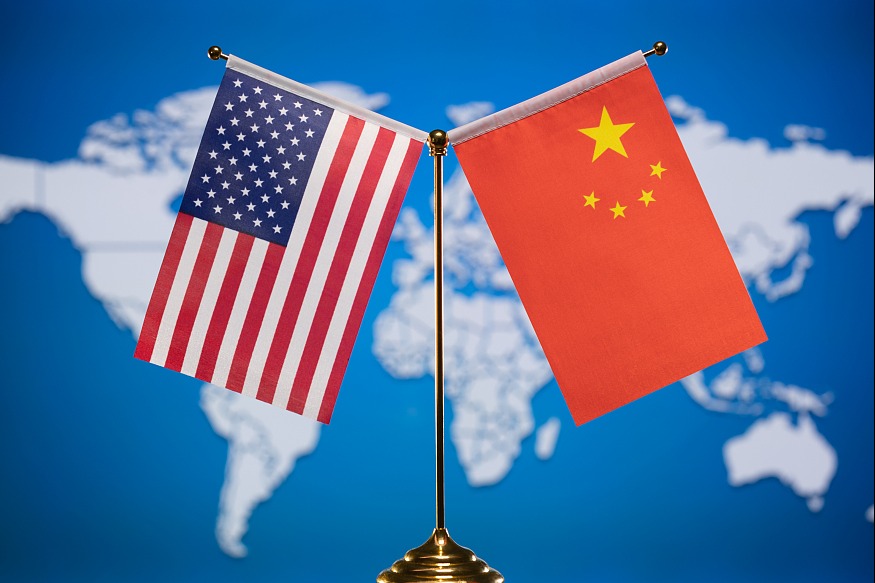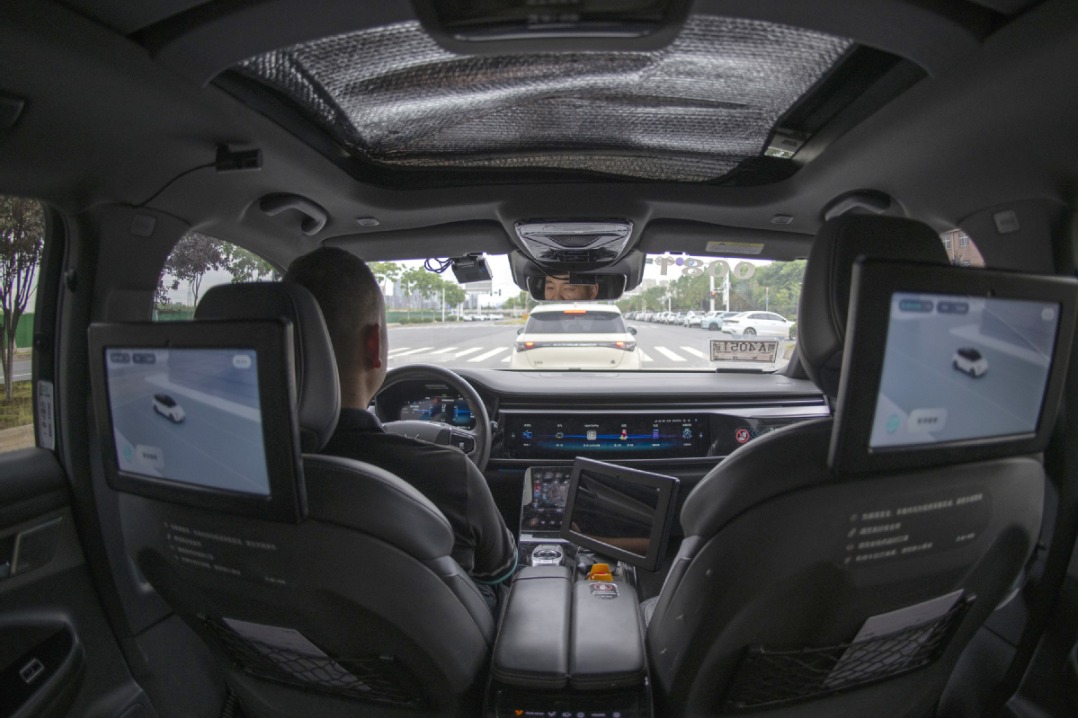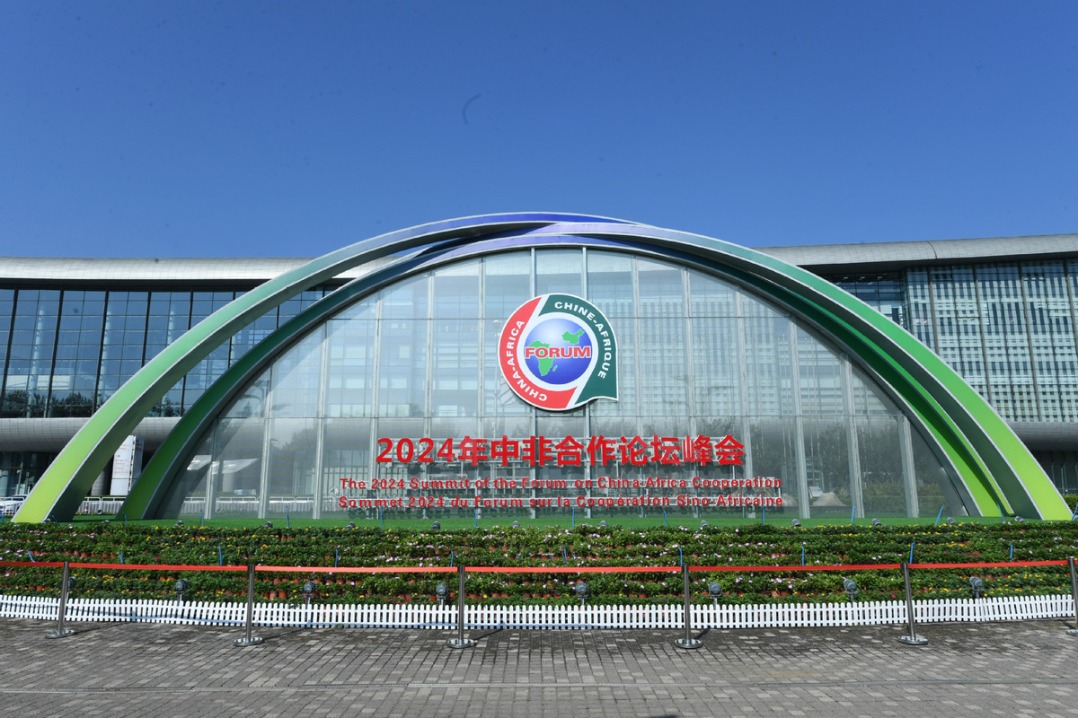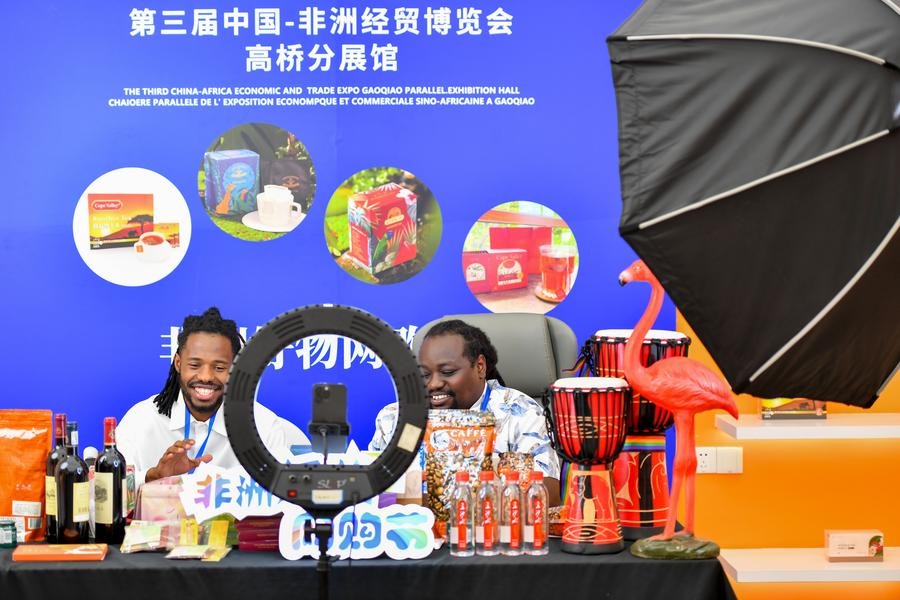Malevolent US lawmakers out to cause trouble selfishly putting lives at risk with their games: China Daily editorial

The rhetoric of war surrounding the Taiwan Strait has reached new heights these days with Taiwan's new leader, Lai Ching-te, making his radical secessionist stance clear to all.
Despite this, the risk of conflict is still manageable should he bear in mind the devastating consequences of crossing Beijing's redline.
All the talk about war mainly comes from third parties. It remains a disfavored option for both sides which are aware it will have ruinous consequences.
Nonetheless, the clouds of war keep darkening over the Taiwan Strait, primarily because anti-China forces in the United States are intent on pushing the two sides of the strait into war in the belief that it will be advantageous to the US. Their warmongering is the biggest threat to peace across the strait, which threatens to throw cross-Strait interactions into a death loop.
The visit to Taiwan by a bipartisan delegation of the US Congress this week, shortly after Lai's inauguration, is only the most recent instance of Washington's malign designs. Michael McCaul, who led the six-member delegation, was straightforward about the purpose of their trip — to show that the US government stood in lockstep with Lai and Taiwan. Andy Barr, cochair of the Taiwan caucus in the US Congress, declared the US is fully committed to supporting Taiwan militarily, diplomatically and economically.
This is naked violation of the China-US joint communiques, in which Washington promised to not develop official ties with Taiwan. Let alone the proclaimed purpose of demonstrating support for the island's "pro-independence" leader, which contradicts Washington's claim that it still adheres to the one-China principle, a fact clearly set out in UN resolutions and international law and that brooks no misinterpretation.
These are not the first batch of US Congress members to visit Taiwan. But what makes their presence more provocative, and potentially more damaging, is that they seem to be intentionally underscoring the "official" nature of their trip.
Beijing has urged the US lawmakers to "stop playing the Taiwan card, and stop supporting and condoning Taiwan separatist forces". But this is hardly likely to deter what McCaul described as "routine visits" by US politicians.
Such messages of "solidarity" with the separatists on the island is maliciousness that is callously ill-conceived. They are intended to encourage further provocations from the Lai authorities in the hope that such actions precipitate a cross-Strait conflict. That, as shown in other theaters of war where the US has employed such a tactic, will only produce disastrous consequences for all.


































